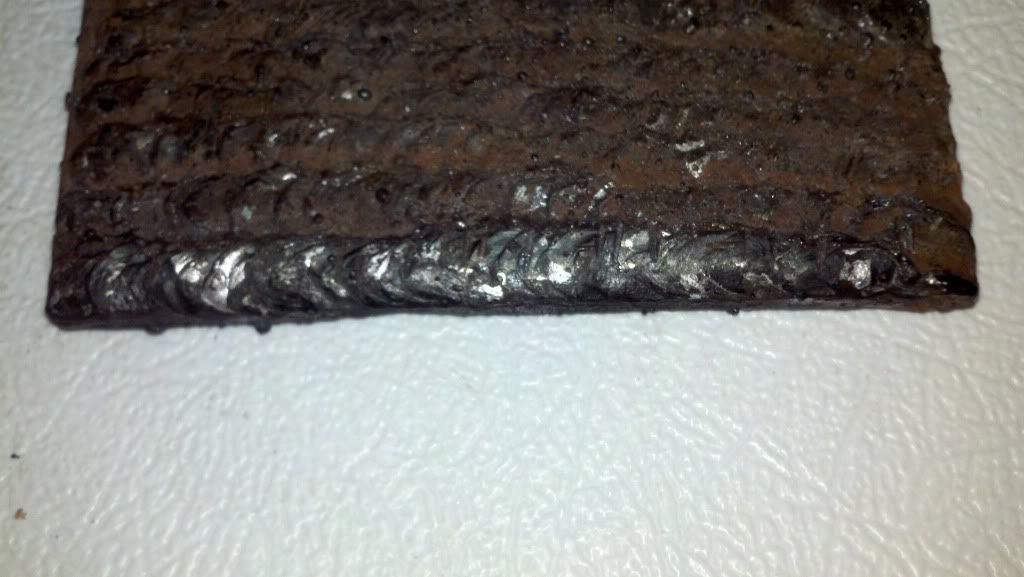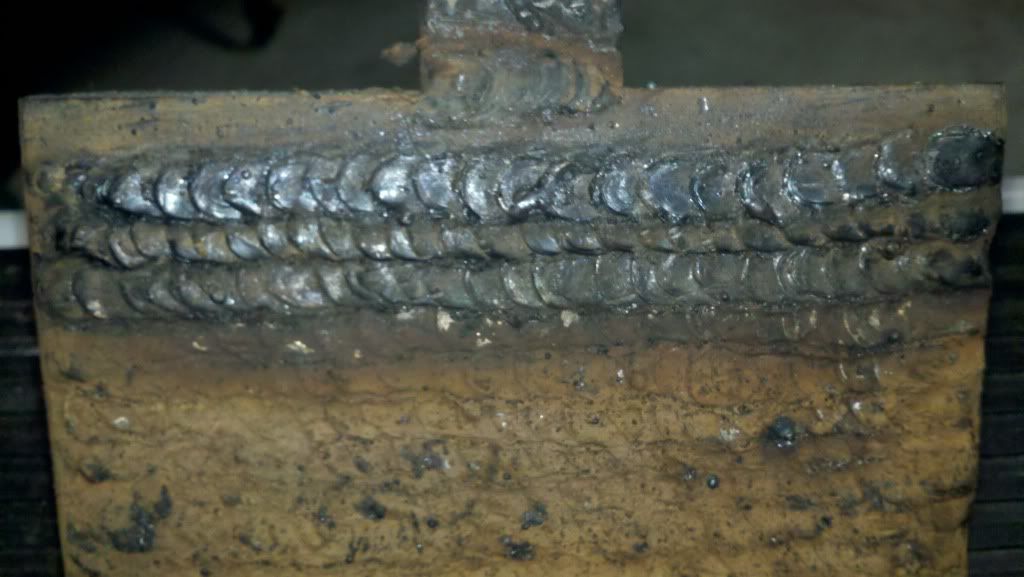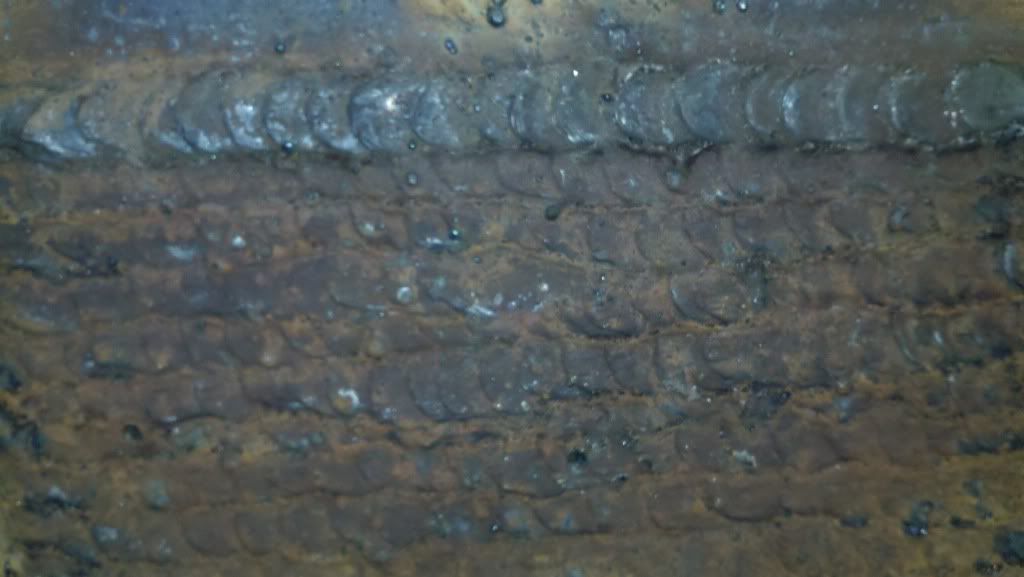Nullifier
Expedition Leader
So I decided to sign up for a basic welding course at my local tec school. Since I now have a mig I thought it a good idea to learn a few fundamentals. The program covers stick and mig basics that I signed up for. Having never done any stick before I wasn't sure what to expect but after the first night of welding I feel pretty good about it. we were just doing some basic beads on flat plate to start, but I think I did ok. Thursday we will be running horizontal welds on a vertical plane.
Any feedback for me so far. Instructor is a decent guy but not to much on feedback other then "looks good".


Any feedback for me so far. Instructor is a decent guy but not to much on feedback other then "looks good".




